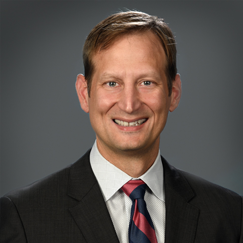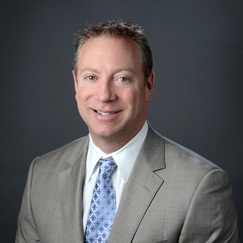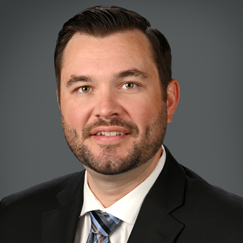Shoulder pain can have many causes, but two of the most common injuries we see at Plano Orthopedic & Sports Medicine Center (POSMC) are rotator cuff tears and shoulder dislocations. While both can lead to pain, weakness, and limited motion, they’re very different in how they occur and how they’re treated. Understanding the difference can help you get the right care and recover faster.
What Is a Rotator Cuff Tear?
Your rotator cuff is a group of four muscles and tendons that stabilize the shoulder and allow it to move smoothly. A rotator cuff tear happens when one or more of these tendons are damaged or torn, either from an acute injury or gradual wear and tear.
Common causes include:
-
Falling on an outstretched arm
-
Repetitive overhead motions (common in athletes and manual laborers)
-
Age-related degeneration of the tendons
Symptoms of a rotator cuff tear:
-
Deep, dull shoulder pain that worsens at night
-
Weakness when lifting or rotating your arm
-
Difficulty performing everyday tasks such as combing your hair or reaching overhead
What Is a Shoulder Dislocation?
A shoulder dislocation occurs when the upper arm bone (humerus) slips out of the shoulder socket (glenoid). Because the shoulder joint is the most mobile joint in the body, it’s also the most prone to dislocation.
Common causes include:
-
Sports injuries or falls
-
Sudden impacts, such as during a car accident
-
Previous dislocations that weaken the joint over time
Symptoms of a shoulder dislocation:
-
Intense, sudden pain after injury
-
Visible deformity or bulging at the shoulder
-
Swelling, bruising, and inability to move the arm
Key Differences Between Rotator Cuff Tears and Shoulder Dislocations
| Rotator Cuff Tear | Shoulder Dislocation |
|---|---|
| Damage to tendons/muscles | Bone slips out of socket |
| Pain develops gradually or after strain | Pain occurs immediately after injury |
| Weakness in lifting or rotation | Inability to move arm due to displacement |
| Often caused by overuse or aging | Usually caused by trauma or sudden force |
| May require surgical repair in severe cases | Often needs manual reduction and physical therapy |
Treatment Options in North Texas
At Plano Orthopedic & Sports Medicine Center, our fellowship-trained orthopedic surgeons provide advanced diagnosis and treatment for both injuries.
Rotator Cuff Tear Treatments:
-
Rest, ice, and anti-inflammatory medications
-
Physical therapy to restore strength and flexibility
-
Corticosteroid injections to reduce pain and swelling
-
Arthroscopic rotator cuff repair for full or partial tears that do not heal with conservative care
Shoulder Dislocation Treatments:
-
Manual repositioning (reduction) of the joint
-
Sling or immobilizer to allow healing
-
Physical therapy to strengthen shoulder stability
-
Arthroscopic shoulder stabilization surgery for patients with recurrent dislocations or torn labrum
When to See a Shoulder Specialist
If you’ve experienced a fall, sudden shoulder pain, or loss of motion, don’t wait to get evaluated. Early diagnosis and treatment can prevent long-term shoulder instability or chronic pain.
The specialists at Plano Orthopedic & Sports Medicine Center in Plano, Texas, offer comprehensive shoulder care—from conservative management to advanced arthroscopic surgery—all tailored to your specific injury and lifestyle.
Get Expert Shoulder Care in North Texas
Whether you’re an athlete, active adult, or recovering from an injury, our experienced orthopedic team is here to help you regain strength and mobility.
📍 Plano Orthopedic & Sports Medicine Center proudly serves patients throughout Plano, Frisco, Allen, McKinney, and the greater North Texas area.
Schedule an appointment today to discuss your shoulder pain and explore the best treatment options for you.
Dr. Randal L. Troop
Shoulder, Knee and Sports Medicine
View Bio
Dr. Michael S. Howard
Shoulder, Elbow and Upper extremity
View Bio
Dr. John E. McGarry
General Orthopedics, Shoulder, Knee and Sports Medicine
View Bio
Dr. Jonathan D. Ringenberg
Shoulder, Knee and Sports Medicine
View Bio




